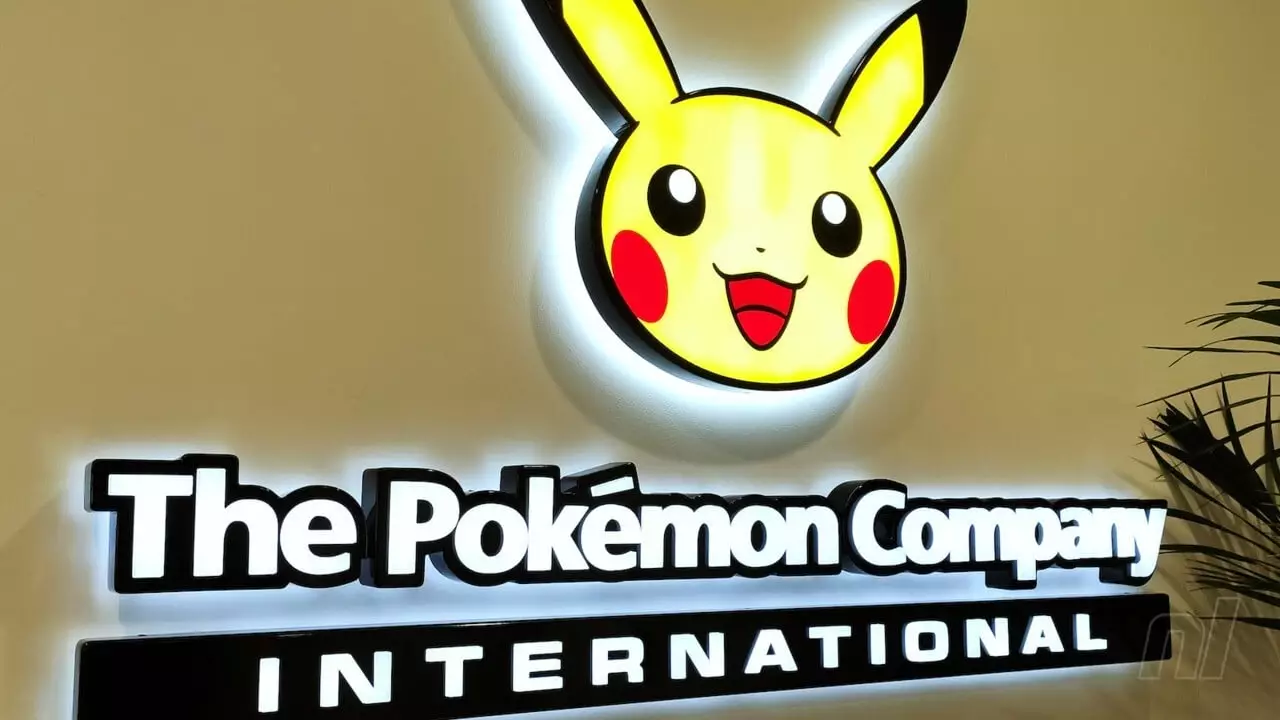In today’s digital landscape, the significance of intellectual property (IP) protection cannot be overstated. The Pokémon Company (TPC), a titan in the gaming industry, has once again reaffirmed its commitment to safeguarding its trademark and copyright assets. Recently, TPC emerged victorious against two companies behind a Chinese mobile application named ‘Pocket Monster: Remake’. This case provides an important glimpse into the ongoing battle against copyright infringement and highlights the challenges faced by creators when their works are misappropriated.
The lengthy legal saga commenced in 2022 when TPC accused the developers of ‘Pocket Monster: Remake’ of stealing not only the visual assets but also core gameplay mechanics from the beloved Pokémon series. It is apparent that imitation not only threatens the economic livelihood of original creators but also erodes trust within the gaming community. The stakes are particularly high for a franchise as iconic as Pokémon, which has built its empire on a unique blend of creativity, engaging gameplay, and a loyal fanbase.
The legal proceedings were protracted, culminating in a significant court ruling last September. After an appeal from Guangzhou Maichi Network Technology and Khorgos Fangchi Network Technology, the Chinese courts reinforced the initial decision, emphasizing that the mobile app had committed serious infringements. TPC sought damages amounting to around £60 million, or roughly $70 million, a testament to the company’s resolve in confronting unauthorized use of its intellectual properties.
While the financial details of the eventual settlement remain undisclosed, TPC’s announcement indicated that the offending companies faced a “substantial economic price” and “significant reputational damage”. Such legal outcomes serve as a warning to would-be infringers, illustrating that the consequences of IP theft can ripple far beyond the scope of the initial unauthorized act, impacting both financial stability and public perception.
In a striking move, the companies involved issued a public apology, acknowledging their wrongdoing. They recognized the egregious nature of their actions, admitting to “extensively using design elements of the well-known Pokémon Video Game Series” and exploiting the brand’s substantial cultural capital. This admission signifies not just accountability but also highlights an emerging trend among infringers—acknowledging their misdeeds to possibly mitigate damages while committing to avoid similar conduct in the future.
The formal apology provided insight into the companies’ realization of the implications of their infringements—an essential element for any resolution in intellectual property disputes. Such honesty may aid in restoring some confidence among the gaming community, yet it underscores the need for stringent enforcement measures that prevent future violations.
With ‘Pocket Monster: Remake’ now delisted, the case serves as a broader reminder that the gaming industry is not immune to the challenges of copyright infringement. As gaming technology evolves, issues surrounding originality and creative integrity become ever more complicated. Developers need to take heed of TPC’s aggressive stance against copyright violations, recognizing that creative originality is paramount to their success and reputation.
As TPC continues its legal endeavors, including its case against the developers of Palworld, the landscape becomes ever more intense for those who dare to tread on established franchises. The recent patent approvals granted to Nintendo suggest a potential expansion of legal actions into international territories, indicating that IP protection is a global concern, not confined to specific regions.
This moment serves as a rallying cry for gamers and developers alike to champion original content and respect intellectual property rights. The Pokémon Company’s decisive actions serve to reinforce standards that protect creativity, ensuring that originality is celebrated rather than co-opted. As the gaming world continues to evolve, maintaining a vigilant approach to IP rights will be crucial in sustaining the innovations that bring joy to fans and challenge creators to push the envelope further. By reinforcing these ethics, the industry can continue to flourish with creativity at its core while discouraging the imitation that threatens its foundation.

